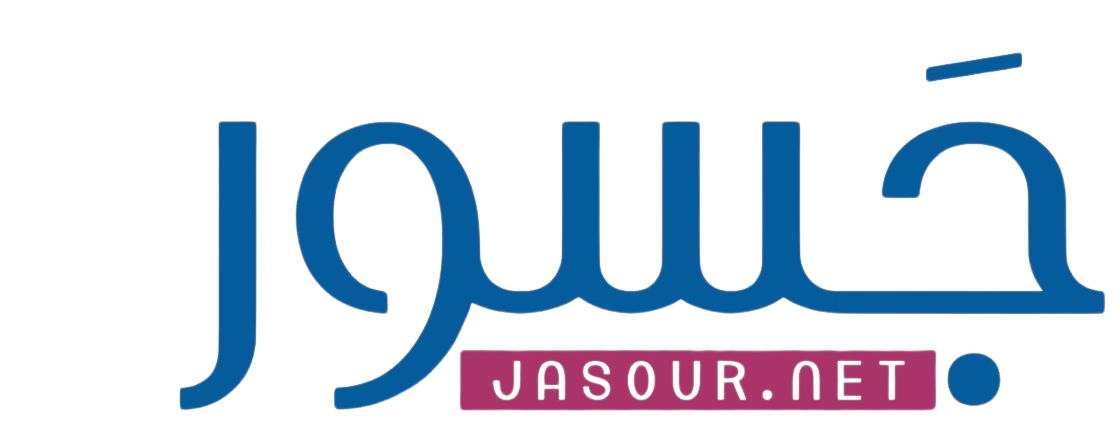Bălți : Jasour – News Desk
Every year, the municipality of Bălți in Moldova registers about 600 children and young people with special educational needs (SEN). Without professional guidance and support, many of them face the risk of being left without employment or further education once compulsory education is completed. The local ‘ANIMA’ association creates opportunities for socio-educational and professional integration of young people with SEN, channeling EU support to vocational schools in Bălți.
“After the ninth grade – which is the mandatory school level in Moldova – young people with learning disabilities often drop out of school. They neither continue their studies nor get jobs,” says Nonna Mihalcean, Director of the ANIMA Training and Personal Development Centre. For years, her association has been assisting young people in Moldova in career guidance, employment and economic empowerment. In 2022, the association developed a new collaboration with the Psycho-Pedagogical Assistance Service (SAP) and the Youth and Adolescent Resource Centre (CRAT) for the benefit of young people with special educational needs.
“Our idea is that these young people should not interrupt their education,” underlines Nonna. “We want to involve them in continuous training at vocational schools. We want to support them in the choice of a profession and in the employment process, so that they have an income to sustain themselves.”
EU funding via the East European Foundation helped ANIMA to pilot four Professional Laboratories at the local educational institutions. Kitchen, IT, Carpentry and Tailoring Laboratories were created and equipped to give youngsters a glimpse of the four professions, explain their technical aspects and growth opportunities. At total of 1,633 ninth-grade students, including 169 students with learning disabilities, participated in the Labs during the 20 months of the initiative.
Interested participants, especially those with SEN, could test a potential profession during open workshops and – at a more advanced stage – through individual masterclasses where they created their own products under the guidance and supervision of the vocational schoolmasters. The laboratories gave them an excellent opportunity for the development of professional skills and socialization, but also served as a run-up for future vocational training.
“I visited the computer center and started following the IT workshops,” says 16-year-old Alexandru Isiciuc. “I chose this profession because it is more accessible and does not require physical effort, which is important in my case. I’ve always liked programming, and the meetings organized by ANIMA confirmed my professional choice. Now I am studying at vocational school No. 5 to become a computer assembly/disassembly technician.”
Career guidance to students with learning disabilities can make a big impact on their lives. The path to their employment is often long and challenging. Employers’ prejudice and reluctance to hire, low pay or illegal employment on the one hand, but also lack of basic presentational skills on the other hand are common barriers when they look for a job. “When accompanied by a mentor, their employment chances increase,” explains Cristina Jitaru, Career Guidance Counsellor. Cristina is a psychologist and economist, running her own professional development course for students. She joined ANIMA to facilitate the employment of 30 selected young people with SEN, offering individual guidance and mentorship to each one of them.






